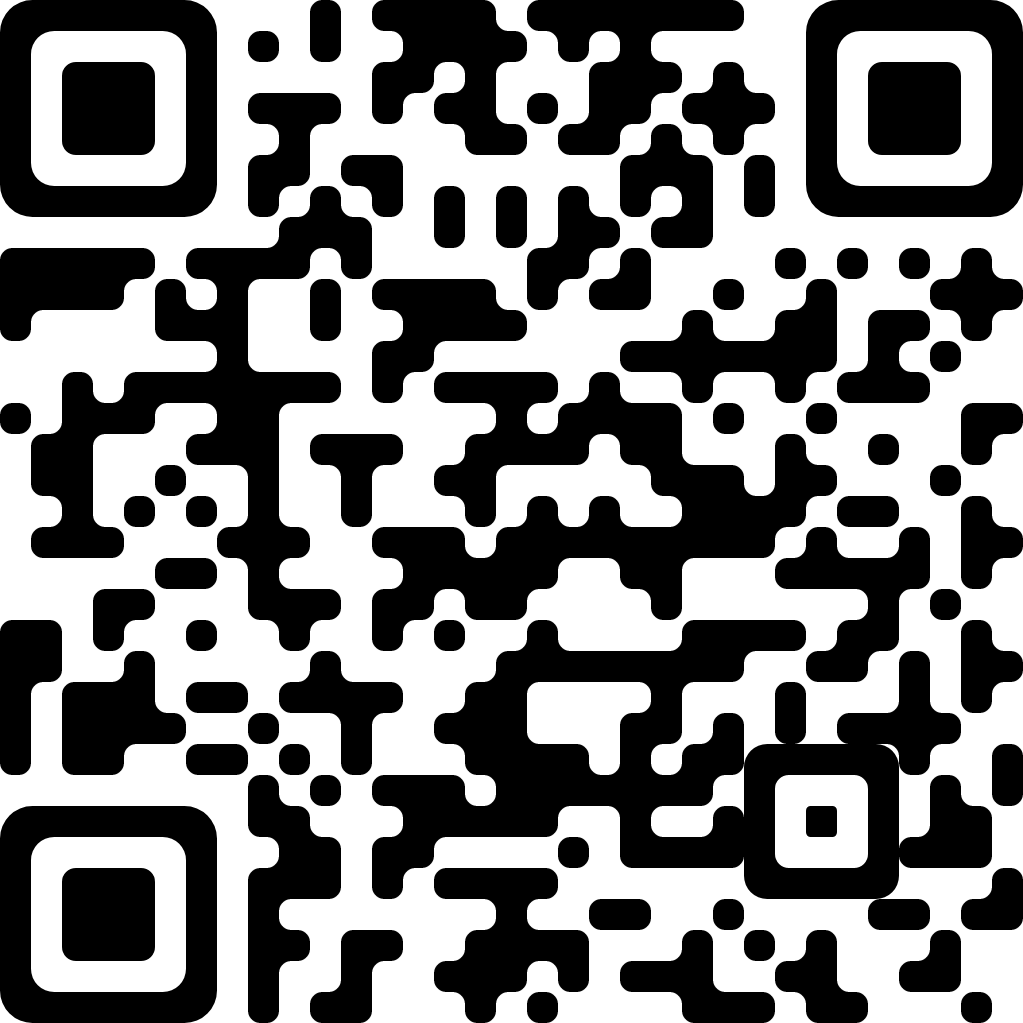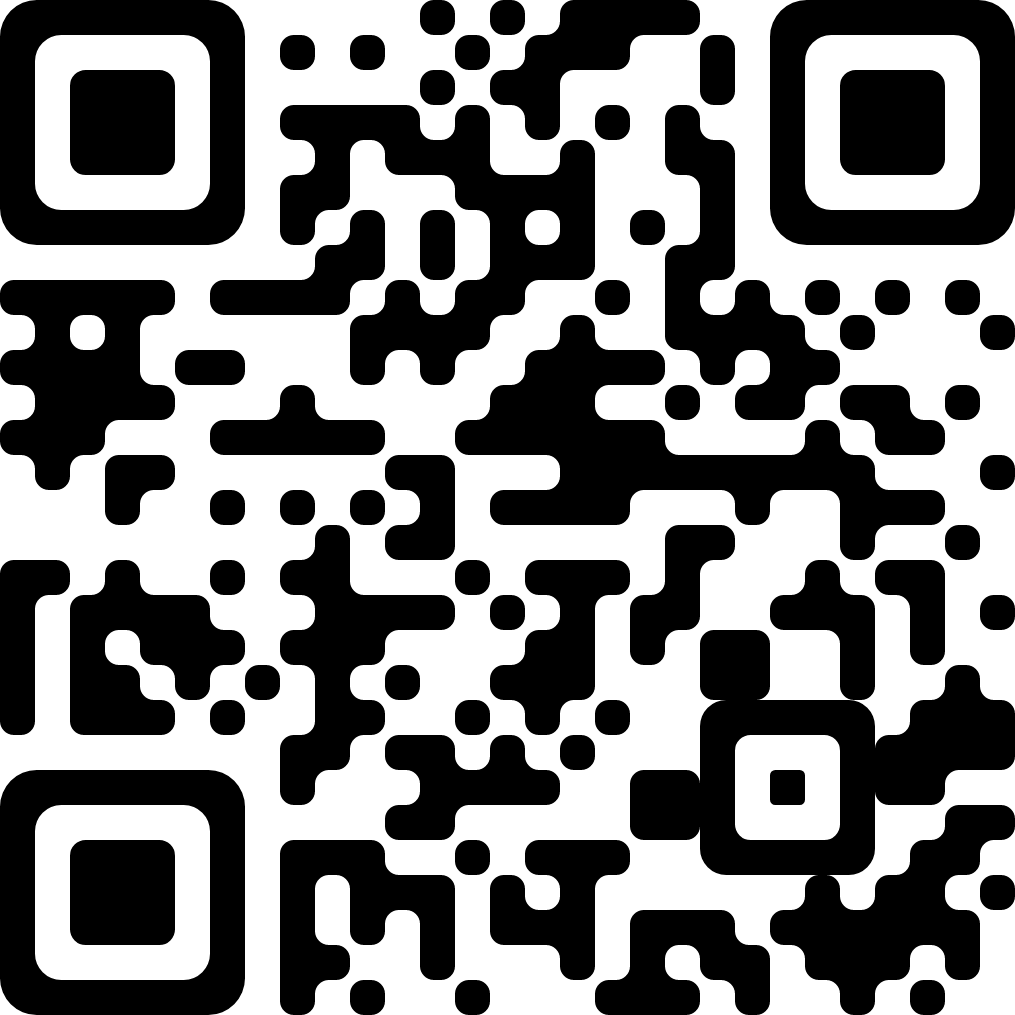Unlock your potential: Customize Resume for each job
Oct 8, 2023

Unlock your potential: Customize Resume for each job
You may be wondering if customizing or optimizing your resume for each application is truly necessary. The answer is YES, and failing to do so may result in you not receiving a response! The days of applying for jobs with the same resume are over. The majority of companies utilize Applicant Tracking Systems, or ATS, to quickly select qualified applicants. Your chances of receiving an interview are contingent upon your resume clearing Applicant Tracking Systems
As a job seeker, you may wrongly that an application is entirely about you, your experience, and your accomplishments. In actuality, Applicant Tracking Systems (ATS) match keywords from the job description to your resume to determine whether you will be shortlisted for an interview. If you are making a career move, it is critical that you customize or optimize your resume to demonstrate how your skills translate to new, intended industries by highlighting your work experience in a way that makes sense for the new role.
Employers advertise job openings that demand a specific skill set and qualifications to perform specific tasks. Customizing your resume entails understanding the skills and responsibilities on the job description and emphasizing them in order to pass firms' applicant tracking systems and be shortlisted for an interview. Because this shortlisting process is automated, it becomes essential to highlight the skills and qualifications listed in the job description in your customized resume.
The job description, as depicted below, details the required skills and qualifications. A standard, non-customized resume lists all of your experience without regard for the job requirements of the company for which you are applying. A tailored resume identifies and highlights all of the job's required skills and qualifications, allowing Applicant Tracking Systems to shortlist your resume for an interview.
With a generic, non-customized resume, it will be difficult to demonstrate that you are the best fit. Your resume may be lacking in the skills that matter most to the employer and spend an inordinate amount of space emphasizing areas that the recruiting manager is completely uninterested in. Why would they choose you over someone who has taken the time to articulate precisely why their experience qualifies them for the job at hand?
At the application stage, attracting the attention of a recruiter or hiring manager necessitates that your resume contains the skillset and qualifications required for the job, while also standing out and impressing them. Customizing your resume is the best method to demonstrate this; it indicates that you are genuinely interested in the job. Your resume should persuade the hiring manager that you are the most qualified candidate for the job.
Now that we've discussed why you need to customize your resume, let’s understand the specifics of how to customize or optimize for each job application.
Step 1: Understand Job Requirements
Every time you customize your resume, you should start with the job description. After all, this is the section where employers state exactly what they are seeking. This includes education, work experience, and skills, as well as education/certifications/licensing. Job requirements are frequently separated into "Required" and "Preferred" criteria, with the most critical requirements appearing first.
Step 2: Customize Resume - Skill Keywords
As you read through the list of qualifications, highlight any keywords that apply to you. These can be utilized to improve the customization of your resume. it’s important to list your most relevant skills for each previous job to be certain that that you will capture their attention. Again, using the most specific and appropriate keywords from the job description, determine which skills are most relevant to the job and highlight them in the skills portion of your resume. Reordering or adding your skills to match the job description's requirements can assist a hiring manager or recruiter in performing a quick scan to locate the particular experience and qualifications they're looking for.
Step 3: Customize Resume - Job Title
Additionally, the job title plays a major role in your ATS match. The majority of applicant tracking systems (ATS) will match candidates with exact job titles to vacant positions. Provided the job title does not exactly match the job for which you are applying, you can edit or add it to your work experience if the roles were comparable. If you previously held a position that is similar to the one you are applying for, change or add that job title to your work experience. This strategy is not dishonest as long as your roles were basically equivalent. If you haven't previously held equivalent work titles, you can include them in the summary statement as well. We recommend that your resume include the exact title of the position for which you're applying. This ensures that you will be discovered when a recruiter conducts a job title search. If you have not held this position before, include it as part of your summary statement.
The job title in the job description describes the duties you will perform if you are hired. Employers are looking for candidates who are capable of handling these responsibilities, so your resume should emphasize areas where you have prior experience handling similar tasks. If you've held similar positions but had different titles previously, you can change or add to reflect your experience. The applying job title is one of the most essential keywords that an employer's applicant tracking system would search for while screening resumes. By including your preferred job title on your resume, you demonstrate to the reader that you are clear about what you want to achieve and do not leave it up to the hiring manager or recruiter to determine whether the position is a good fit for you.
Step 4: Customize Resume - Education & Certification
Certain educational and qualification requirements are specified in job descriptions. However, there may be an issue with Applicant Tracking Systems if abbreviated terminology (i.e. B.S. degree) are used in job descriptions that are not abbreviated. Additionally, the ATS will misunderstand abbreviations that are not pre-programmed. For instance, if a job requires a master's degree but you abbreviate it as "MS," the applicant tracking system (ATS) may not identify this and reject your resume for not meeting the requirement.
The Bottom Line
For many job seekers, the prospect of creating a customized resume for each application is intimidating. It seems like a lot of extra work. "I don't have time to customize my resume for each job application."
Yes, customizing for each role can feel time-consuming. It will undoubtedly take longer than simply submitting the same resume for each job listing. However, if you're serious about landing that interview—and, maybe, that dream job—customization is critical. With Resumas.com, you can easily create multiple resumes—and even track their performance.
If you're ready to step up your job search game, give resumas.com a try. You paste in the job description, upload your resume, follow the skill keyword and other suggestions, and then apply with your customized resume.



